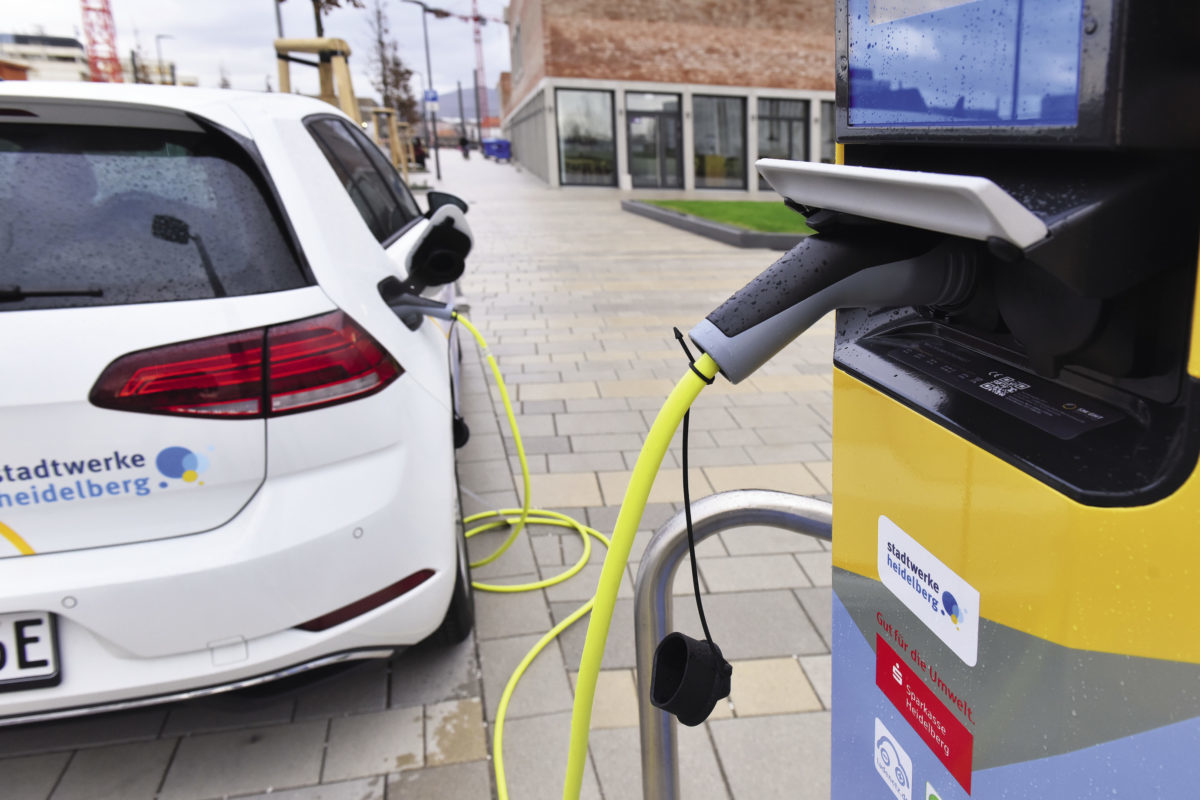India’s uptake of electric vehicles (EVs) has been slow due to their high upfront cost and to range anxiety.
That was the chief finding of a World Economic Forum white paper on the issue which also noted relatively low private ownership of cars in India and a willingness to car-share using mobile phone apps, and to swap batteries and e-rickshaws, meant EVs could still quickly make up a significant share of the nation’s transport sector.
Prepared with Bengaluru-based ride-sharing company Ola’s Mobility Institute, the EV-Ready India, Value Chain Analysis of State EV Policies study analyzed EV policies published or drafted in 10 Indian states and union territories.
Andhra Pradesh: Target 2024: 1 million EVs. 2029: Be the best Indian EV state. The highlights of the state’s EV policy include the allocation of 200-400 hectares for EV parks with infrastructure and facilities; offering half the capital expenditure cost of EV-related manufacturing facilities; establishing a Smart Mobility Corporation and an agency to promote transport needs; and levying higher charges on the registration, renewal, and sales tax of conventional vehicles as well as raised parking and congestion fees.
Battery incentives
Bihar: Bihar is one of the fastest-growing markets for e-rickshaws, Bihar aims to convert all paddle rickshaws to electric by 2022. In a draft EV policy notified in June, the state announced subsidies and tax benefits for EV manufacturers; Rs10,000 incentives for lithium-ion battery e-rickshaws and an end-user subsidy of Rs12,000. The state wants fast charging EV stations every 50km on state and national highways to attract Rs2,500 crore of investment.
Delhi: Delhi’s draft EV policy prioritizes vehicle categories based on their representation in the market. Accordingly, two and three-wheelers, public buses and taxi fleets head the queue. The state wants half its public buses to be electric by 2023 and to have charging points at least every 3km.
Karnataka: Aspiring to be the EV capital of India, Karnataka is planning a package of incentives and concessions for ‘ultra mega’ and ‘super mega’ EV enterprises. There will be tax exemptions on electricity tariffs and the state will provide an investment subsidy for setting up its first 100 charging stations. Karnataka also plans a venture capital fund to encourage e-mobility start-ups.
Electric ferries
Kerala: Target 2020: 1 million EVs, including a pilot fleet of 200,000 two-wheelers, 50,000 three-wheelers, 1,000 goods carriers, 3,000 buses and 100 ferries.
Maharashtra: The state’s EV policy, notified in February 2018, does not distinguish between private and commercial two, three and four-wheelers. On the production front, the state has identified a scheme of incentives for micro, small and medium enterprises and large manufacturing units, and also specifies a 25% capital subsidy for commercial public charging stations.
Tamil Nadu: The state has developed an ‘EV special manufacturing package’ with incentives to strengthen the supply-side environment, and is establishing a venture capital and business incubation service to foster start-ups. Under the EV value chain, Tamil Nadu offers full reimbursement of the state GST paid on the sale of EVs made in the state, a 15% capital subsidy on intermediate products used for manufacturing, electricity tax exemption for manufacturing industries, stamp duty exemption for EV manufacturing-related transactions and a 50% land subsidy for investment in its southern districts – with a 15% subsidy elsewhere.
EV manufacturing park
Telangana: To become the preferred destination for EV and component manufacturing, Telangana aims to attract investment of Rs212.4 billion to create a 600-800 hectare EV cluster – a mega automotive park. The state has implemented TS-iPASS, an industrial project approval system based on self-certification. The state will identify high-traffic areas, heritage zones and information technology special economic zones in which, by 2025, only EVs will be allowed.
Uttarakhand: Target 2030: Full electrification of public buses and encouraging shared mobility for e-bike taxis and goods transport using two, three and four-wheelers and other small goods-transport vehicles in five priority cities. The state EV policy encourages the use of hybrid and plug-in EVs during the intervening period.
Uttar Pradesh: Target 2030: A million EVs and 70% electric public transport. The government will encourage new apartments, high-rise buildings and technology parks to make provision for EV charging infrastructure and will facilitate acquisition of land by public bodies to set up charging infrastructure at their premises.
This content is protected by copyright and may not be reused. If you want to cooperate with us and would like to reuse some of our content, please contact: editors@pv-magazine.com.








By submitting this form you agree to pv magazine using your data for the purposes of publishing your comment.
Your personal data will only be disclosed or otherwise transmitted to third parties for the purposes of spam filtering or if this is necessary for technical maintenance of the website. Any other transfer to third parties will not take place unless this is justified on the basis of applicable data protection regulations or if pv magazine is legally obliged to do so.
You may revoke this consent at any time with effect for the future, in which case your personal data will be deleted immediately. Otherwise, your data will be deleted if pv magazine has processed your request or the purpose of data storage is fulfilled.
Further information on data privacy can be found in our Data Protection Policy.